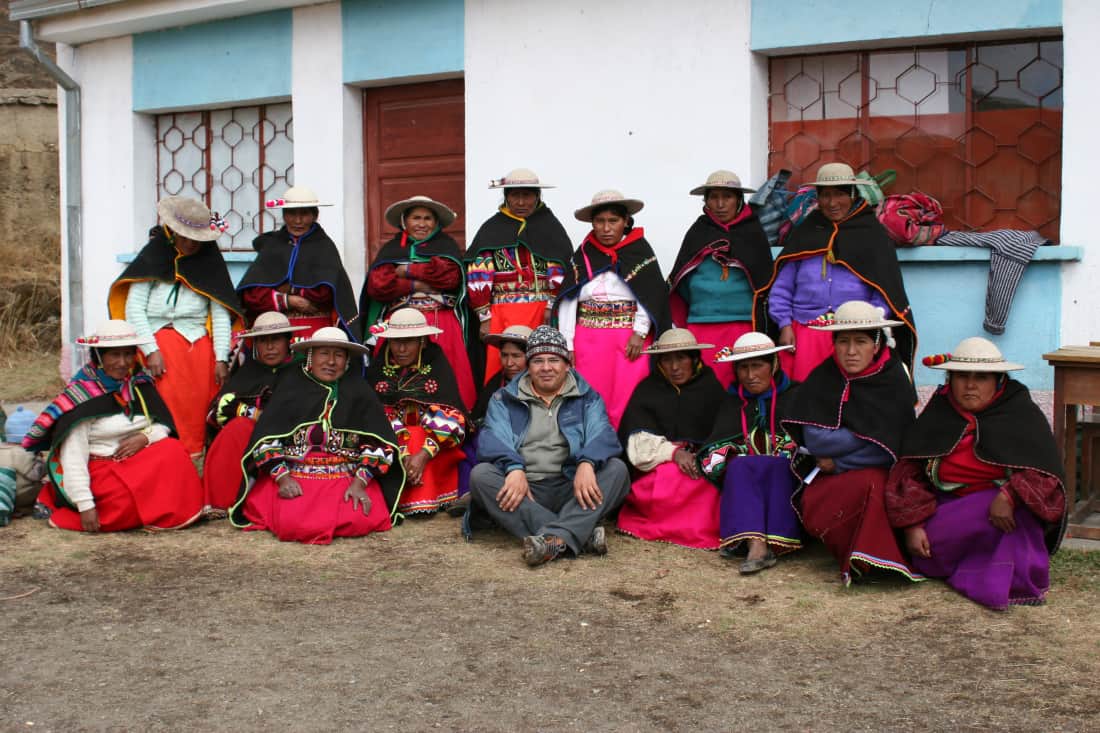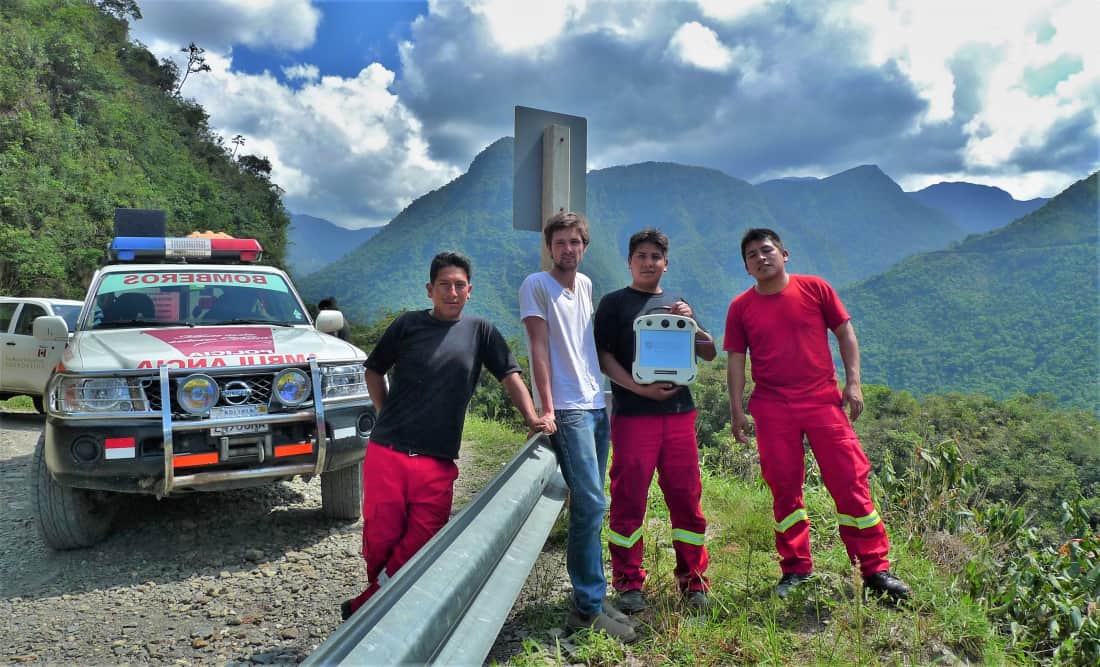
In January 2021 Dr. Ivar Mendez, provincial department head of surgery, will begin work on an innovative healthcare program that will allow Bolivian physicians to care for patients safely and remotely.
Also known as virtual care, remote presence medicine uses technology to provide better patient care to remote and rural communities. Mendez hopes that this will provide relief to physicians affected by COVID-19.
“COVID-19 has hit the health care workers the hardest. I felt it was important for me to contribute to the establishment of the virtual care system that will allow physicians [to be] less exposed and provide health care at a distance,” Mendez said.
Bolivia’s population of 11 million has been hit hard by COVID-19. Canada, a country with more than three times the population of Bolivia, has suffered 10,000 deaths during the pandemic. In the last nine months, nearly the same amount of people have died in the much smaller South American country.
Mendez says that the impact of the pandemic on lower income countries is much greater than in wealthy countries.
“They don’t have the ability to do contract tracing or testing, and access to personal protective equipment and ventilators is low,” Mendez said.
Over the last seven years, Mendez has been working on a healthcare model that allows physicians to access patients and provide real-time care from thousands of kilometres away. This Saskatchewan-based technology is at the core of Mendez’s efforts abroad.
The University of Saskatchewan remote presence healthcare model has been working to provide care in real time to populations that lack access to traditional health care methods, such as northern communities and rural areas in Saskatchewan.
According to Mendez, the U of S-based program is the most advanced in the country and uses remote robots that can be deployed to help provide care.
Mendez is hoping to use his expertise in virtual care in Saskatchewan and work with the Government of Bolivia and other international organizations to set up a virtual care program in the country.
The robotic technology used in Saskatchewan is too expensive, but other types of technology are also effective. Mendez explained that smartphones and tablets can be equipped with medical attachments, like a stethoscope, that can enable a clinical to hear someone’s heartbeat from 1,000 kilometres away.

As the provincial department head of surgery, Mendez is responsible for ensuring the quality of surgical services across Saskatchewan. The position is unique to the province and allows for greater coordination and standardization of care.
Mendez believes that the pandemic has accelerated the acceptance of virtual care models in both physicians and patients.
“The future of virtual care is going to change the future of medicine,” Mendez said.
Mendez also stresses that it’s the responsibility of the U of S community to help people who have the least but need the most.
“I feel like we all have this responsibility to contribute not only to our own communities but to communities around the world,” Mendez said.
—
Erin Matthews | Communications Director
Photo:
Leave a Reply